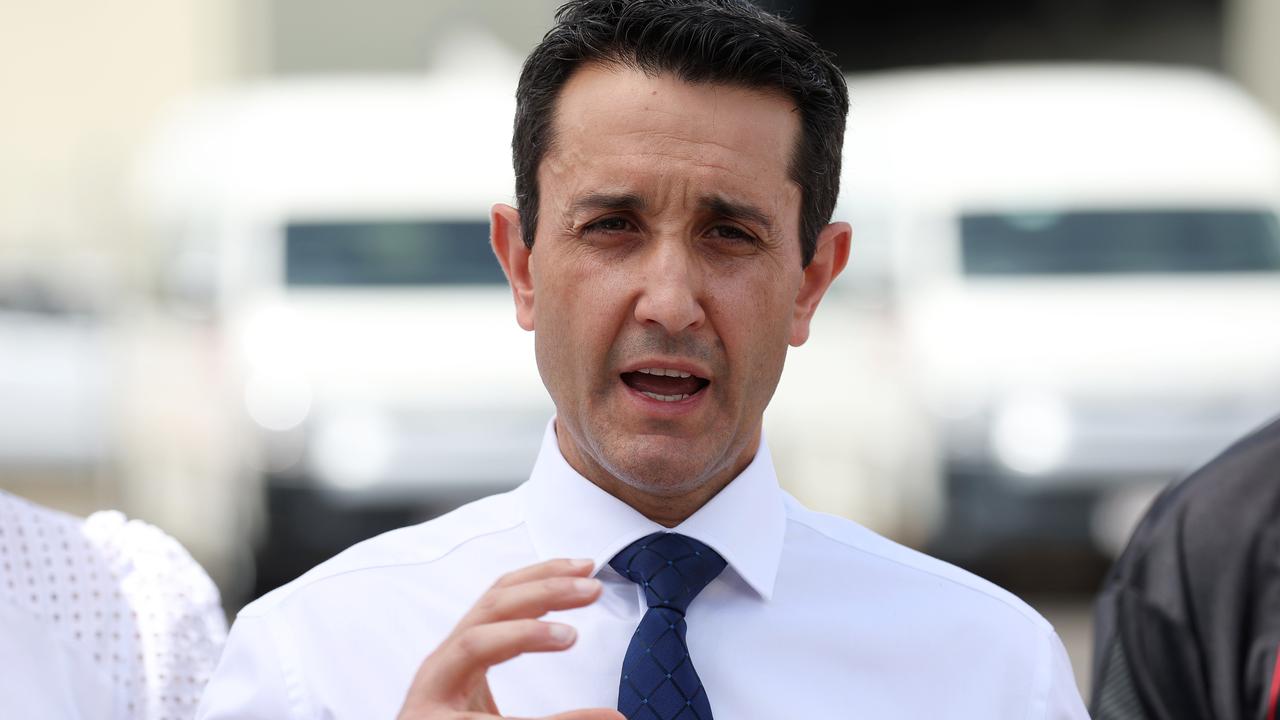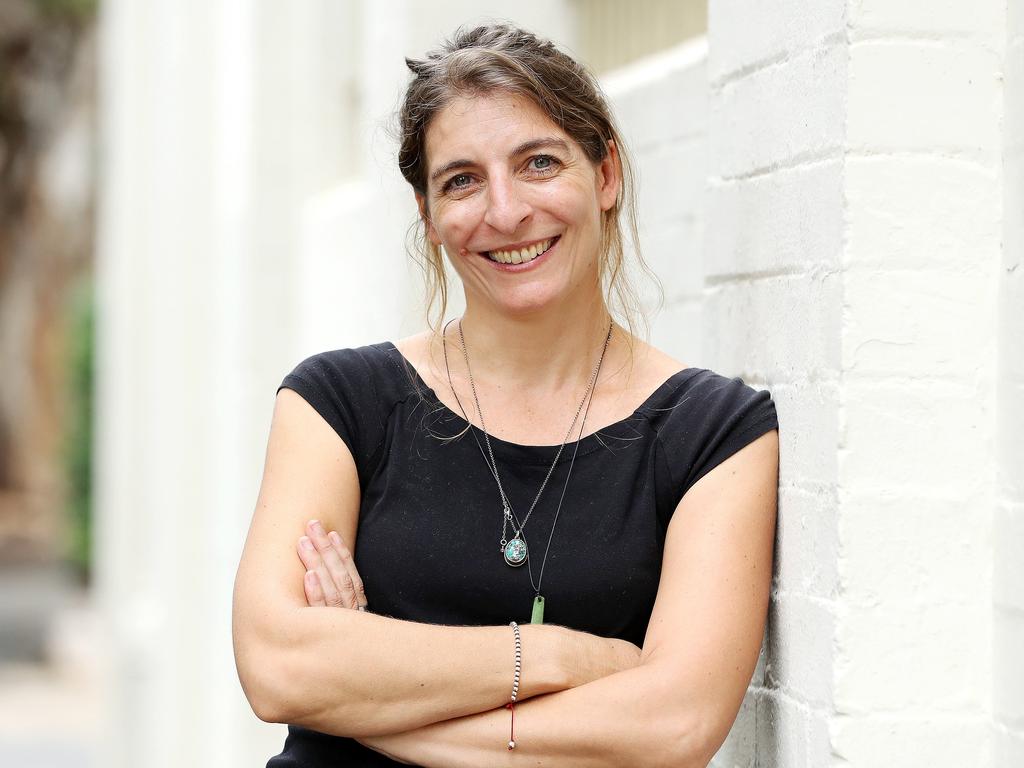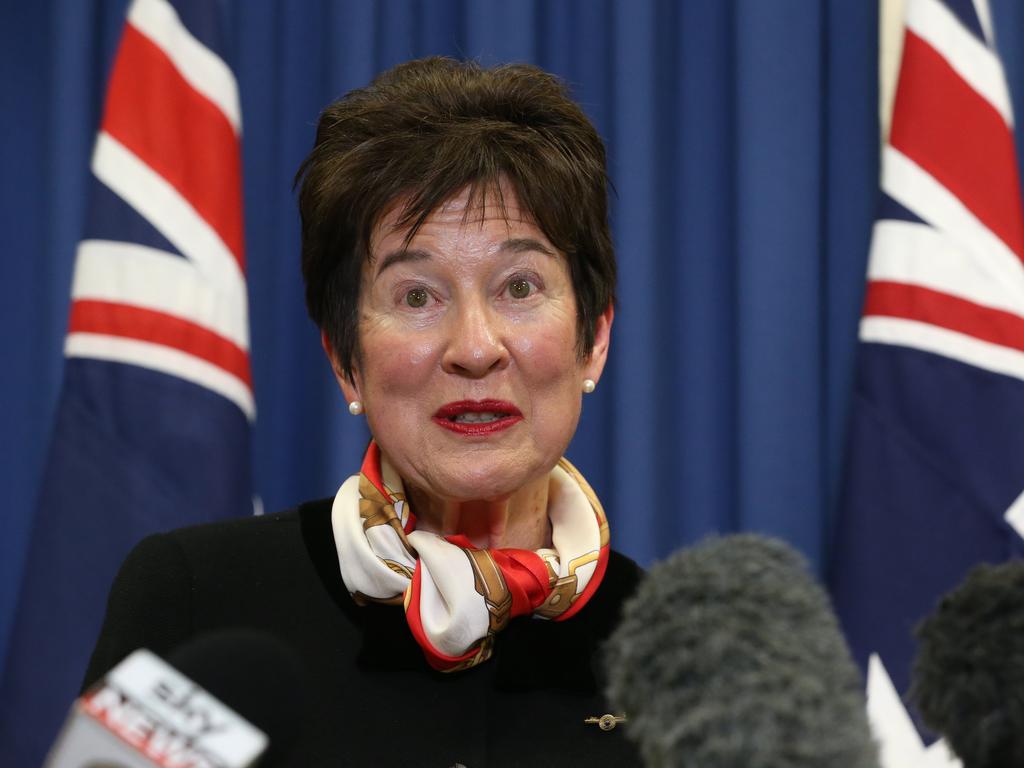Opinion: Global search not needed, we already have youth crime solution
The LNP does not need to spend millions more searching for what we already know about youth crime solutions, write Margaret White and Mindy Sotiri.

David Crisafulli’s promise that an LNP government would spend $50 million on a global hunt for the best new idea for early intervention models in youth crime is a solid step in the journey towards evidence-based policy.
In even better news, we can save him (and Queenslanders) the money and successfully drive down youth crime in the process – because the solutions already exist.
The total $100m pledge as part of the LNP’s Gold Standard Early Intervention policy is a welcome acknowledgment of the desperate need to move away from a youth justice system that is clearly failing children and failing Queenslanders.
But save Queenslanders the money. We don’t need to reinvent the wheel.
Countless inquiries, reports, and royal commissions – including the 2017 Royal Commission into the Protection and Detention of Children in the Northern Territory – have done the hard work and demonstrated pathways to reducing youth crime through early intervention, prevention, and community-based approaches.
The issue has never been the absence of ideas; it’s the failure to properly fund, scale, and resource the initiatives we already know work.
A recent report by the Justice Reform Initiative highlights more than 100 examples of successful alternatives to imprisonment, including early intervention programs that reduce crime at a population level by between 5 per cent and 31 per cent – and lower reoffending rates among at-risk youth by 50 per cent.
For instance, nine out of 10 young people with a prior offending history who participated in the Johnathan Thurston Academy’s “You Got This” initiative in Cairns did not reoffend within nine months.

Queensland taxpayers are already footing an annual $218m bill for locking up more children than anywhere else in Australia, a system overflowing into adult watch houses.
The LNP does not need to spend millions more searching for what we already know.
Place-based community interventions, such as those led by First Nations groups, have delivered enormous success. Small-scale community programs like Resolve in Logan have shown tangible reductions in crime, all while delivering major cost savings compared to the expensive, destructive, and ineffective practice of locking up kids.
A 2023 evaluation by Griffith University found that young people in the Resolve program that provides early intervention for at-risk young people aged 12 to 16, experienced marked improvements in housing, education, family dynamics and mental health. Most importantly, it gave young people hope – something the traditional justice system often strips away.
Research has shown therapeutic detention models that focus on rehabilitation and substance dependency treatment have recidivism rates as low as 2 per cent.
Reviews of interventions that involve cognitive-behavioural therapy have shown reduction in reoffending of 21 to 35 per cent. Similarly, child skills training programs were found to decrease anti-social behaviour by anywhere between 24 to 32 per cent.
Queensland could also learn from different models of youth justice internationally, such as the remarkably successful Diagrama centres – a pioneering alternative youth justice model in Spain that is wholly focused on educating young people and preparing them for release. Of the 757 young people who attended a Diagrama centre in 2011, only 13.6 per cent had been back in custody by 2017.

Research has for decades shown that investment in a wide variety of community-based early intervention as well as developmental crime prevention policies and initiatives is key to preventing offending and diverting children away from the justice system.
These are models that have been tested, refined, and proven to reduce crime and reoffending. Why do we think the solutions are out of reach?
One dollar invested in early childhood education yields a $2 return, according to an economic analysis of early intervention resourcing in Australia. The cost of late intervention meanwhile is a staggering $15.2 billion annually, with $2.7 billion of that attributable to youth crime alone.
The financial and social incentives for investing in early intervention are clear – yet instead of scaling up successful models, Queensland’s leadership is still throwing money in the wrong direction.
Rather than pouring millions into a vague global search, the LNP – and governments at all levels – should focus on funding and scaling the interventions that are already making a difference.
A genuine opportunity exists in Queensland, and Australia more broadly, to invest in the scalable, community-led solutions we know work.
The research is there. The programs exist. The blueprint has been drawn up.
It is now up to our political leaders to inform themselves about what is known to work, and be champions for the changes that will make our communities safer – and the good news it will not cost $50m to do so.
Justice Margaret White AO led the NT’s royal commission into the detention of children. Dr Mindy Sotiri is executive director of the Justice Reform Initiative


